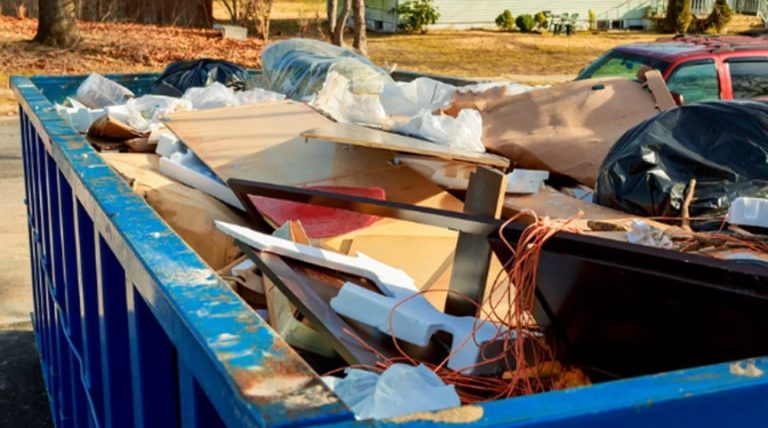When it comes to selecting the best RO system for your family, you cannot buy just any water purifier that comes within your budget. Although it seems quite simple to obtain an RO water purifier for your home, there are several things that you need to keep in mind. After all, the quality of water that your family drinks play a crucial role in your family’s overall health and well-being. So, this guide will help you in choosing the best RO system suitable for your family needs.
Why buy RO water purifier?
Tap water that we receive in our home is laden with a variety of impurities and hazardous chemicals that we need to get rid of before putting this water to use. These impurities and chemicals include bacteria, pesticides, fluoride, lead, chlorine, mercury, arsenic, dioxins, DDT, perchlorate, and others. If we drink water with all these impurities, we may suffer from a variety of health problems, like stomach infections, cholera, typhoid, salmonella, dysentery, etc.
They may also take a toll on our immune system and make it weaker. RO system is one type of water purifier that is proven to be highly effective in removing all these impurities from the water by passing them through several filters. The drinking water that is purified through reverse osmosis system also tastes better than bottled water and water purified through other methods. Now that you have made up your mind to buy an RO system for home, we will give you a few tips to help you make the right decision.
Choosing the right RO system
RO water purifier is not like any other kitchen appliance you own, as the health of your family members largely depends on the quality of water they drink. Here are a few points that will help you in buying the best RO system for your family:
- Quality of water in your taps: You cannot select a water purifier before knowing the quality of water you receive in your taps. The hardness in your tap water will primarily affect your decision. The more contaminated it is, the more careful you will need to be while selecting your water purifier. You also need to find a system that can remove the type of impurities present in your tap water.
- RO membrane: The membrane in the water purifier defines which impurities it can effectively remove. Give attention to the membrane’s pore size, which may range from 0.0001 to 0.001 microns. It will indicate whether it can filter salts and metallic ions from your tap water or not. Make sure that the RO membrane used in the water purifier is of the best quality and has the right pore size.
- Filters: Apart from the RO membrane, also give attention to other filters used in the water purifier that you are planning to buy. There may be different filters for filtering out different kinds of impurities. Some RO systems also use pre-filters that helps maintain the life of the membrane, like carbon filter and a sediment filter. These filters remove chlorine from the water before sending it to the RO membrane, as they may clog the membrane and reduce its life. Some systems also use a combination of ultra-violet and infrared technologies to make sure that every impurity is removed from the water before it is made fit for drinking.
- Storage capacity: The storage capacity that you choose largely depends on your family size and needs. A small family ideally needs a water purifier with 8-9 liters of storage capacity, while a water purifier of 15 liters capacity would be required for a large family. The one that you choose also depends on the power supply in your area. If your area is prone to have frequent power cuts, then you may need a bigger size of the RO system to keep the drinking water stored.
- Ease of use: The water purifier that you choose should be comfortable and straightforward to use. Many RO water purifiers in the market do not require any manual intervention at all. They come with auto-on and auto-start features. Some also have a filter-change alarm or indicator that alerts you when the filter needs to be cleaned or replaced. RO systems with UV purification also come with a UV error/failure indicator if there is an error in its working.
- Certifications: Instead of believing the claims of sales representatives, give attention to the accreditations of the system you are planning to buy. A certification provided by a renowned laboratory will make it a trustworthy and authentic choice while buying RO system for the home. Look for certifications like CE, ISI, WQA, NSF, etc.
So, these are some of the essential points you should consider while buying an RO system for the home. Compare a water purifier based on the above points and get the best RO system for your family.


















